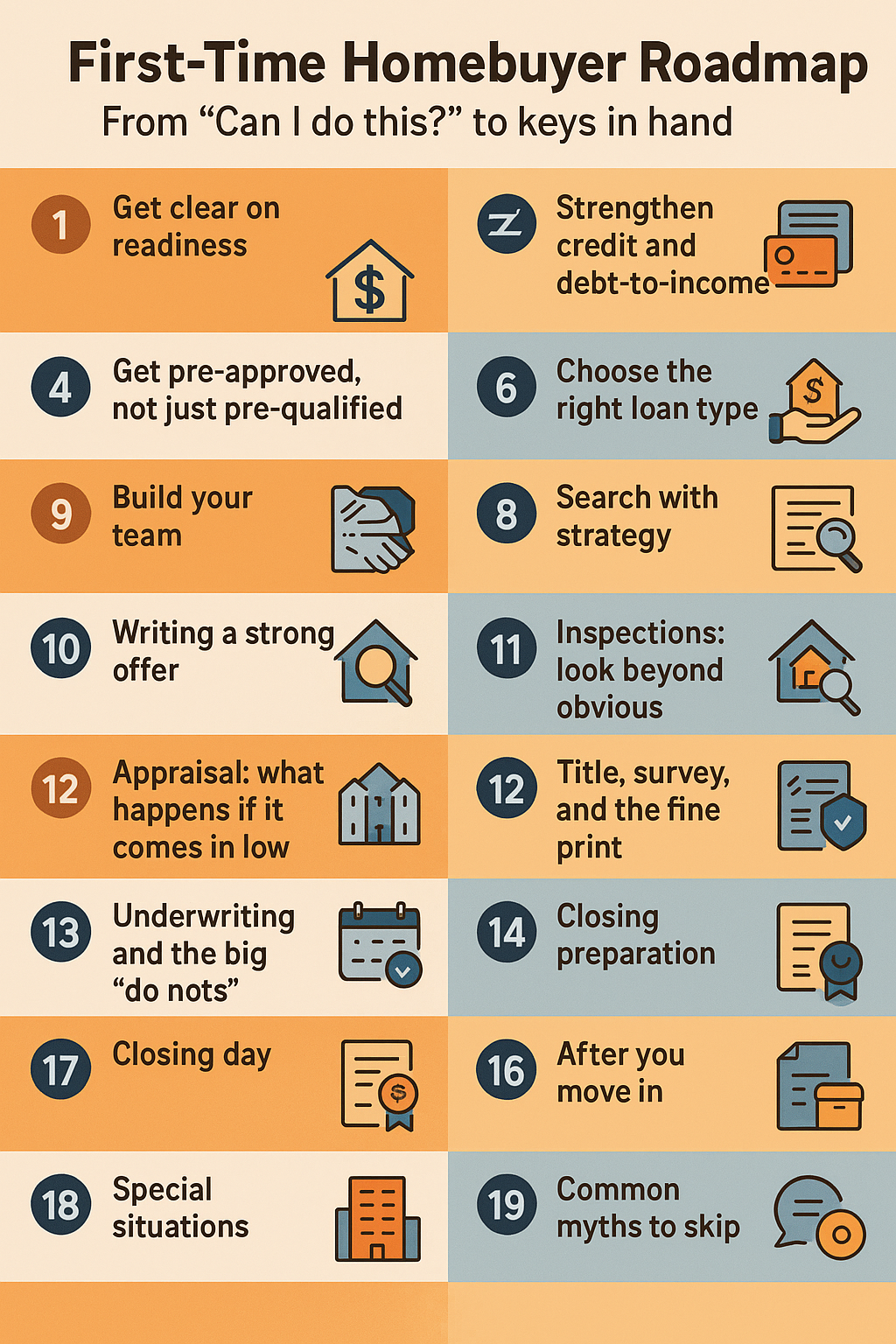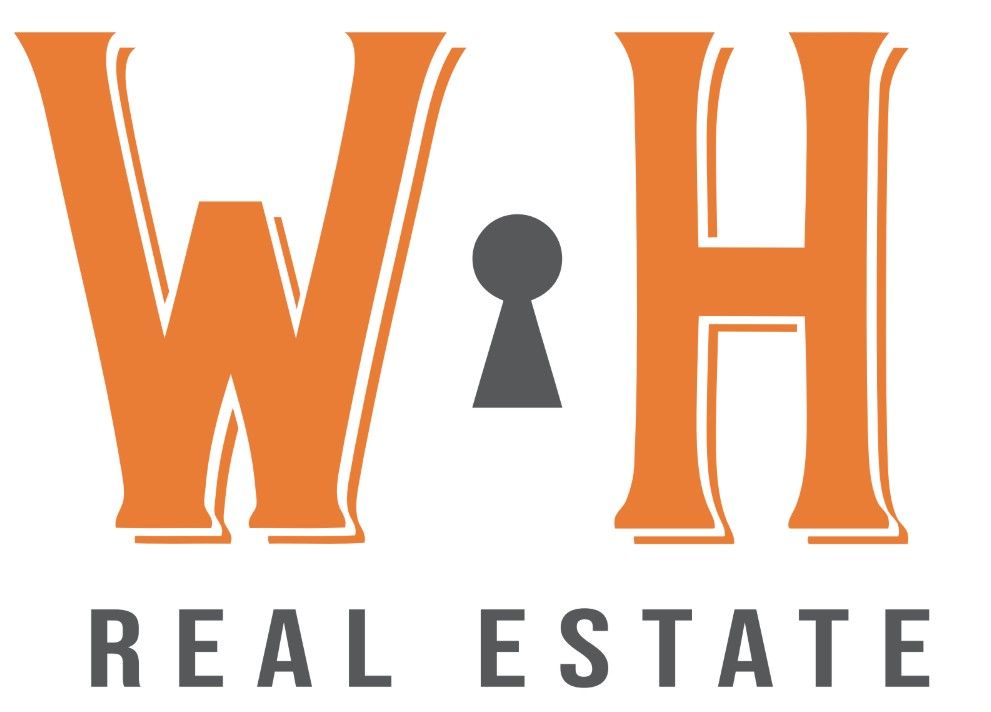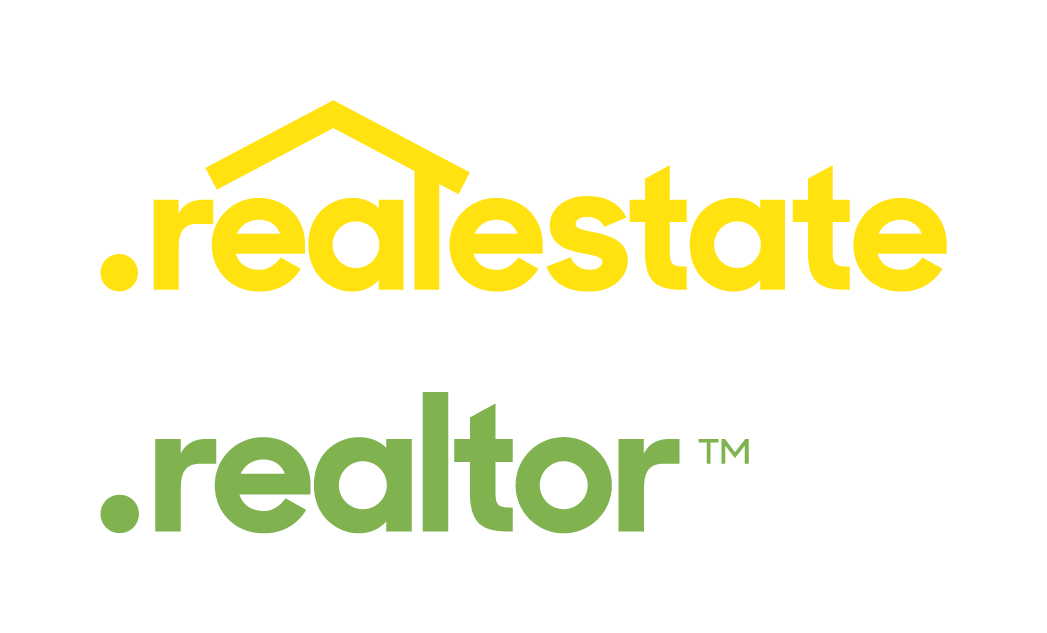The Home Inspection Process for Buyers: What Every Smart Homebuyer Must Know
Introduction: Why a Home Inspection Can Save You Thousands
Buying a home is one of the biggest financial decisions most people will ever make. Whether you're a first-time buyer or a seasoned real estate investor, the home inspection process is a crucial step that can protect your wallet and your peace of mind. A professional inspection uncovers hidden issues that could cost you thousands—before you're locked into a deal.
In this guide, we break down the entire home inspection process for buyers, from what it includes and what it costs, to how to respond to inspection findings and negotiate repairs.
What Is a Home Inspection?
A home inspection is a visual assessment of a property's condition, conducted by a licensed or certified inspector. It’s typically scheduled shortly after your offer is accepted and is one of the key steps during the due diligence period.
The inspector examines the structure, systems, and components of the home, including:
- Roofing and gutters
- Foundation and crawlspace
- Plumbing and electrical systems
- HVAC (heating, ventilation, and air conditioning)
- Walls, ceilings, windows, and doors
- Attic and insulation
- Appliances
- Drainage and grading
Why Is a Home Inspection So Important?
✅ Protects Your Investment
The inspection helps ensure the home is structurally sound and free of major defects or safety hazards.
✅ Provides Negotiation Power
You can use the inspection report to renegotiate the price, ask for repairs, or request a repair credit at closing.
✅ Informs Future Costs
Knowing the age of major systems (roof, HVAC, etc.) helps you prepare for future expenses.
✅ Helps You Walk Away (If Needed)
If major red flags appear, you can walk away from the deal—assuming your offer includes an inspection contingency.
When Does the Home Inspection Happen?
The inspection typically takes place within 7–10 days of your offer being accepted. This window allows you to back out or renegotiate based on the inspection results.
Tip: Always include an inspection contingency in your offer. This clause gives you legal grounds to withdraw without penalty if the property has serious issues.
How Much Does a Home Inspection Cost?
In 2025, the average home inspection in the U.S. costs between $300 and $600, depending on:
- Size of the home
- Age of the home
- Location
- Optional add-ons (e.g., radon, mold, sewer scope, termite)
While it might be tempting to skip it to save money, the cost of missing a major issue—like a failing foundation or a leaky roof—can be catastrophic.
What to Expect on Inspection Day
Duration:
2–4 hours on average (longer for larger homes)
Who Should Attend:
The buyer and buyer’s agent should attend. It’s your chance to ask questions and see issues firsthand.
What to Bring:
- Notepad and pen
- Phone or camera
- Flashlight (optional)
- Copy of the seller’s disclosure
What’s NOT Covered in a Standard Inspection?
Most inspections are visual only. They won’t include:
- Septic system testing
- Swimming pool inspection
- Mold or asbestos detection
- Lead paint testing (for homes built before 1978)
- Pest/termite inspections (often done separately)
Ask your inspector or agent if any of these should be added for your specific property.
Interpreting the Inspection Report
You’ll receive a detailed report (often with photos) outlining:
- Major issues: structural damage, code violations, health hazards
- Moderate issues: aging systems, minor leaks, improper wiring
- Minor issues: cosmetic defects, loose handles, squeaky doors
Remember: no home is perfect—not even new construction. Focus on health, safety, and big-ticket repairs.
How to Respond After the Inspection
After reviewing the report with your agent, you typically have 3 options:
- Accept the Home As-Is
If there are only minor or cosmetic issues. - Request Repairs or Credits
Submit a repair request addendum to the seller. - Walk Away
If there are serious issues and the seller won’t remedy them.
Common negotiation outcomes include:
- Seller fixes issues before closing
- Seller provides a credit toward closing costs
- Price is reduced to compensate for needed repairs
Choosing the Right Home Inspector
Here are tips to find a qualified inspector:
- Look for certifications from ASHI (American Society of Home Inspectors) or InterNACHI
- Read online reviews
- Ask your real estate agent for referrals
- Make sure they carry Errors & Omissions insurance
Home Inspection Tips for Buyers
- Don’t skip it—even in a competitive market
- Attend the inspection and ask questions
- Read the full report carefully, not just the summary
- Use the findings as a tool, not a weapon
- Follow up on “further evaluation recommended” notes
Final Thoughts: Make the Most of Your Home Inspection
The home inspection isn’t a hurdle—it’s a powerful due diligence tool. Used wisely, it can help you avoid a money pit and negotiate the best deal possible. Whether you're buying your dream home or your next investment property, a thorough inspection is one of the smartest decisions you can make.
Want Help Navigating the Buying Process?
As a top-performing real estate expert and investor, I help buyers make smart moves with confidence. If you're thinking of buying in the Kansas City area—or anywhere—let’s chat.





